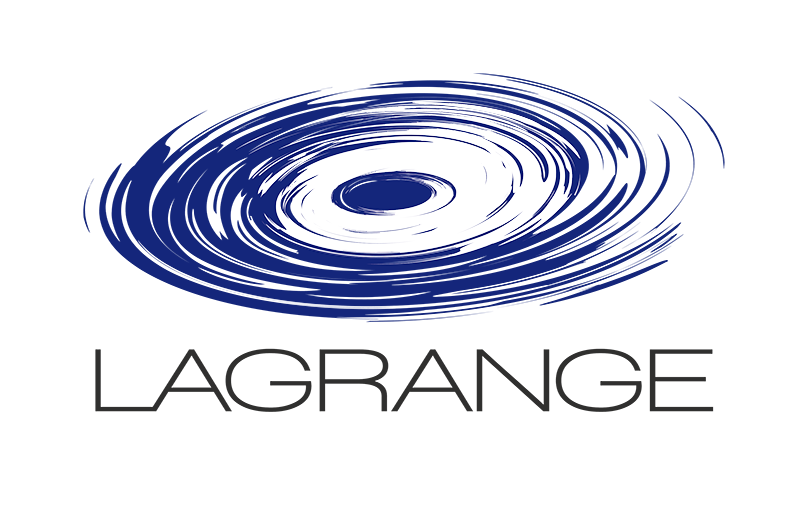Job offer : 3-year contract (ANR project GaiaMoons)
Level : PostDoc, PHD required
Salary : 2500-2800 Euros/month
Type of position : postdoc position with research activities in Solar System science (small bodies, physical properties, observations) with a particular focus on data and signal processing.
Situation : Université Côte d’Azur – Observatoire de la Côte d’Azur - Laboratoire LAGRANGE – Mont-Gros site in Nice & optionally Calern Observatory for observations (remote and on site)
Description of Observatoire de la Côte d’Azur and GaiaMoons project
Observatoire de la Côte d’Azur is a French public Center for research in earth sciences and astronomy. With more than 450 persons working at four different locations (Nice Observatory, Université de Nice, Sophia Antipolis, Plateau de Calern), its role is to explore, understand and transfer knowledge about Earth sciences and astronomy, whether in astrophysics, geosciences, or related sciences such as mechanics, signal processing, or optics. OCA is composed of 3 research units (ARTEMIS, GEOAZUR, and LAGRANGE) and 1 support structure (GALILEE). This program will be developed in the Lagrange Laboratory.
The GaiaMoons research project, supported by the French national research agency ANR, started on 1 Dec 2022 and develops over 4 years. It aims at detecting and characterising asteroid satellites by exploiting the ultra-accurate astrometry obtained by the Gaia mission of the European Space Agency.
At the level of accuracy of Gaia, astrometric discovery of satellites can become an efficient technique, potentially exploring ranges of sizes and separations that remain difficult to access from the ground. Satellites discovered by astrometry should be validated and characterised through other techniques, including photometry and stellar occultations. Fully characterised systems can give access to fundamental asteroid properties such as density and shapes. In the frame of GaiaMoons, we will also have access to remote observing facilities of Observatoire de la Côte d'Azur.
Description of the position
- This position is for three years and is focused on exploiting Gaia data from DR3 (published in June 2023), the forthcoming Focused Data Release (FPR, due to appear by the end of 2023) and DR4.
- There are two main aspects that the post-doc will investigate. First, astrometry will be the main driver to discover candidate asteroid satellites, by studying possible periodic signatures in the post-fit residuals of the orbit optimisation. While this aspect has already been partially explored for consecutive sets of observations in a short interval of time, published in DR3, the search in sparse data over longer intervals requires to identify and implement new approaches.
- The post-doc will also exploit other data sources both from Gaia and from the ground (available photometry, spectral classification, shape, size, rotational properties) to validate the candidate detections and obtain physical parameters of the binary systems.
- The result will be a fully validated procedure with multiple input sources.
- The exploitation of Gaia DR3 (34 months of data) has shown that such a search for binaries is very promising, but the extent of FPR (5 years) and of DR4 (> 360k asteroids) will constitute a much larger sample that will grant a larger number of discoveries.
Main activities
- Exploration of Gaia astrometry and photometry.
- Exploitation of existing data bases of additional asteroid data (in particular concerning physical properties).
- Code programming: period detection, signal statistics, machine learning approaches.
- Obtention and reduction of new observations from partner facilities.
- Scientific publication writing, and preparation of data bases with the results.
- Report writing, collaboration with the OCA team, and with the larger GaiaMoon collaboration (including Paris and Poznan observatories, plus other international partners).
Skills
Knowledge about asteroid physical properties is required, but equally important are the experience in data exploitation and signal analisys (characterisation of periodic signals, signal statistics). The use of machine learning techniques to identify features in the signals is also a possibility that our project considers, for future investigation.
Conditions
This position assumes that the candidate will mostly work in Nice, France, on the premises of OCA. Access to high performance computing facilities will be granted. Travels will be supported to present results at international conferences, and for collaboration. Remote and 'on site' observation runs at telescope facilities are possible.
Applications
The initial deadline is fixed to 31 May 2023. Interviews will be organised in June 2023, with a starting date for the contract to be discussed during the interview (between October and December)
Application must be sent by email to paolo.tanga@oca.eu. The application should contain a detailed CV, a letter of motivation describing the interest for the position and the skills for the activities that are described. Letters of recommendation (maximum 2) should be sent directly by the reference persons to the e-mail above.
Contact
Paolo Tanga - Paolo.Tanga@oca.eu - (+33) 4 94 00 30 42






